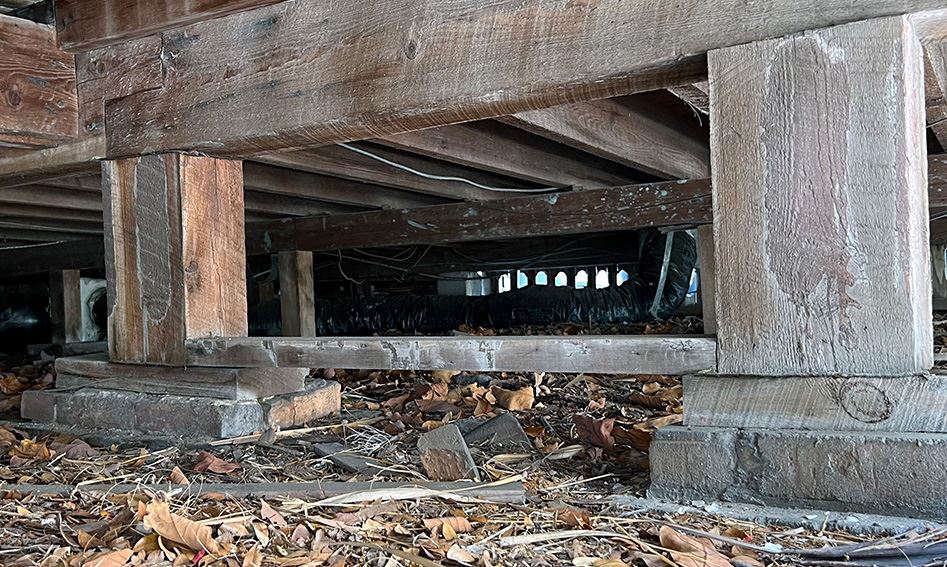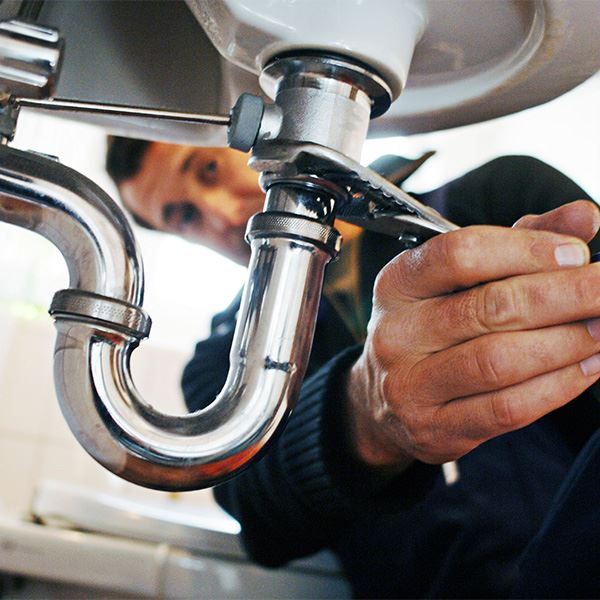
Valencia Termite & Pest Inspections
Gadget Inspector Co. Is Your Go-To for Inspections
A termite pest inspection, often referred to as a termite inspection or a wood-destroying organism (WDO) inspection, is a specialized examination of a property to assess whether there is evidence of termite activity or damage. This type of inspection is particularly important in regions where termites are prevalent, as these insects can cause significant structural damage to buildings and other wooden structures.
Here's an overview of what typically happens during a termite pest inspection:
- Initial Assessment: The inspection may be initiated as part of a real estate transaction, during routine property maintenance, or in response to concerns about termite activity.
- Licensed Pest Inspector: A licensed pest inspector, often a trained professional from a pest control company, conducts the termite inspection. In some regions, specific qualifications and licensing are required for individuals to perform termite inspections.
- Exterior Inspection: The inspector examines the exterior of the property, including the foundation, walls, siding, and any wooden structures such as decks or fences. They look for visible signs of termite activity, such as mud tubes (used by subterranean termites for travel), damaged wood, or swarming termites.
- Interior Inspection: The interior of the property is inspected for evidence of termite activity, focusing on areas where termites are likely to infest, such as basements, crawl spaces, and areas with wooden structures. Inspectors may use tools like moisture meters or specialized listening devices to detect termite activity within walls.
- Attic and Crawl Space Inspection: If applicable, the inspector may access the attic and crawl spaces to check for signs of termite infestation or damage.
- Subterranean Termite Inspection: For homes in regions where subterranean termites are common, the inspection may include a check for mud tubes on foundation walls and wooden structures.
- Moisture Assessment: Termites are attracted to moisture, so inspectors often assess the property for conditions that may contribute to termite infestations, such as leaky plumbing or inadequate ventilation.
- Documentation and Reporting: The inspector documents their findings in a detailed report, which is provided to the property owner or relevant parties. The report typically includes information about any termite activity, damage, or conditions conducive to termite infestations.
Recommendations for Treatment
If termites are found, the inspector may provide recommendations for treatment options. Treatment may involve the use of termite control products, such as liquid termiticides or termite baits, and may be performed by a pest control professional.
Preventive Measures
In addition to addressing existing termite issues, the inspector may offer recommendations for preventive measures to reduce the risk of future termite infestations. This could include addressing moisture issues, removing wood-to-soil contact, and regular inspections.
It's important to note that termite inspections are often a standard part of the home-buying process in areas prone to termite activity. Property owners may also choose to have regular termite inspections as a proactive measure to catch any issues early on. Regular inspections can help protect the structural integrity of buildings and prevent costly damage caused by termite infestations.
Call us today at (231) 456-7890 to schedule your termite and pest control inspection.

Want all the latest news or updates? Browse through our blog to read our most recent posts and featured articles.
Recommendations for Treatment
If termites are found, the inspector may provide recommendations for treatment options. Treatment may involve the use of termite control products, such as liquid termiticides or termite baits, and may be performed by a pest control professional.
Preventive Measures
In addition to addressing existing termite issues, the inspector may offer recommendations for preventive measures to reduce the risk of future termite infestations. This could include addressing moisture issues, removing wood-to-soil contact, and regular inspections.
It's important to note that termite inspections are often a standard part of the home-buying process in areas prone to termite activity. Property owners may also choose to have regular termite inspections as a proactive measure to catch any issues early on. Regular inspections can help protect the structural integrity of buildings and prevent costly damage caused by termite infestations.
